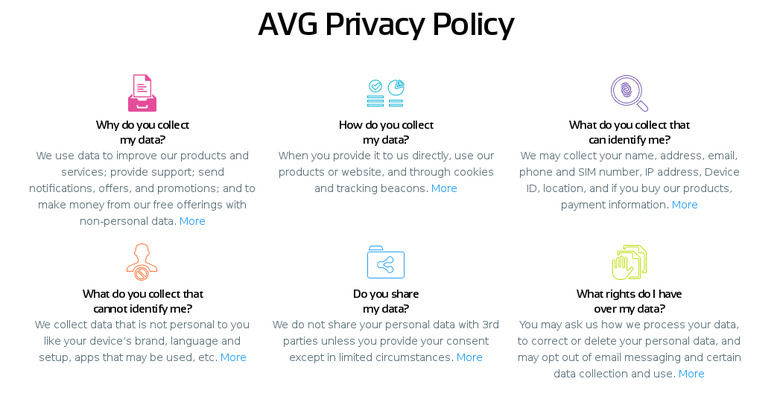AVG Openly Admits Selling User Details To Advertisers
AVG has practically redefined what it means to offer a freemium service. While most products will just gate features behind paywalls, the Czech security outfit has found a different way to make money. And that is by selling some user details to advertisers. While it is hardly shocking to hear of companies cashing in on their customers' information, AVG's "coming out" is ruffling feathers as it now more openly admits to this worrying business practice. Sadly, it is a practice that almost everyone uses but get away with it because barely anyone reads the fine print.
In its defense, AVG has always been able to collect data from its users, whether directly through its apps or from the user's browser history. What has changed really is that, in AVG's terms, it is being more transparent with how it uses that data. And that means admitting to what some might consider shady business practices that everyone almost always presumes but never really bother about. Until it hits them square in the face with a plain-worded updated privacy page.

AVG, like any other company, collects two kinds of data. Personal data, or data that can be used to identify a user, is collected from account details the user himself or herself entered as well as those gleaned from devices, like IP addresses or the device phone number. Non-personal, non-identifiable data can be collected from things like how the AVG app is used as well as more incidental things like browsing and search history and other apps installed on the same device.
It is the latter class of data that AVG says it can sell to advertisers in order to maintain its free software offering. Some will definitely see it as too high a price to pay. There are already some who have called for boycotting AVG's products because of this revelation. Although AVG claims that it does not sell personal, identifiable data directly, it does admit it can aggregate and anonymize those for the very same purpose.
Perhaps to its credit, AVG has guts to come out in the open about a practice that many in the industry, even in the anti-virus market, do, with or without informing users in easy to understand language. Still, the revelation is still a rather harsh wake up call to many. AVG is sure to receive a lot of flak for this bold, and perhaps unwise, move but it isn't something that it can so easily retract. It should perhaps urge some to take a deeper look into similar privacy terms that other companies, particularly security ones, use.
SOURCE: AVG
VIA: Softpedia
